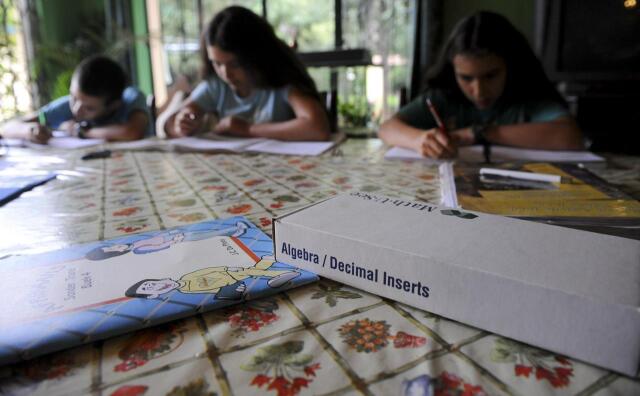Public comments and submissions regarding the Basic Education Laws Amendment (Bela) Bill have closed and there is concern about how the final bill will affect basic education.
PUBLIC comments and submissions regarding the Basic Education Laws Amendment (Bela) Bill have closed and there is concern about how the final bill will affect basic education.
The bill was introduced in Parliament on January 10 and is at the National Assembly level. It amends the South African Schools Act and Employment of Educators Act.
A draft Bela Bill was published for public comment in October 2017, and after a consultative process the Cabinet approved that it be introduced in Parliament on November 24, last year.
The portfolio committee on basic education welcomed the submissions of written comments on the bill for a three-month period.
The bill will allow the amendment of the South African Schools Act and the Employment of Educators Act. This will make Grade R compulsory, and proposes to increase the penalty of anyone preventing a learner from attending school, without a just cause, from six months to 12 months.
Christianview Network referred to the bill as “radical”, and one in which parents could lose control of their children’s education.
Director Philip Rosenthal said: “The bill will take away power over decisions about children’s education, for example language, school admissions and procurement, from their parents and give it to state officials.
“It will make home schooling more difficult, expensive and reduce choice, and put parents at risk of up to a year in jail for non- registration.”
Equal Education, Equal Education Law Centre, Section27, Centre for Child Law, Children’s Institute, and Legal Resources Centre made written submissions on the bill to the portfolio committee on June 15.
Four key areas of concern were highlighted, mainly the requirement of certain documents for school admission and introducing fines or imprisonment for submitting false or misleading information; the criminalisation of anyone preventing their children from attending school or participation in the interruption of school activities; and the introduction of the limited sale of alcohol at school functions.








